-Smt. Smriti Zubin Irani
Article written on 8 years’ theme by Union Minister of Women and Child Development, Smt. Smriti Zubin Irani- titled “Indian Women’s Sojourn from Powerlessness to Empowerment”.
The Government, under the stewardship of Prime Minister Modi, has heralded a renewed age of ‘nari shakti’ in the run-up to Azadi ka Amrit Mahotsav. Programmatic interventions in this age are fine testaments to India’s accolades in gender mainstreaming, not only in letter, but in spirit. No longer are women subjects of unimaginative policies that target them in limited roles as mothers and wives. In this Amrit Kaal, women are prolific leaders, advantageous hands in the labour force and the nerve centre of the Indian society.
While former Governments missed the bus when it came to women’s empowerment, the Modi government has made it a sine qua non for attaining holistic, national development. This has been achieved by constructing a range of mindful policy interventions. Ration Cards’ exclusionary logic of identification -with its issuance to the chiefly male head of the household- was replaced deftly by unique identification for all, Aadhaar. Erstwhile Rashtriya Swasthya Bima Yojana (RSBY) was revamped to offer a greater range of services against women-centric ailments; its unwarranted, male preferential cap of 5 beneficiaries per family was removed and supplanted by the Pradhan Mantri Jan Arogya Yojana (PM-JAY). PM-JAY extends healthcare services to households without any adult male members, bearing no prejudice to the household size. In the larger scheme of things, the comfort of an identity independent of husbands and fathers is a massive exercise in self-assurance, self-possession and ‘aatmanirbharta’ for Indian women.
The Government is catalysing a systematic re-personification of India’s employment and labour architecture. The entrepreneurial acumen of women has taken flight under the auspices of the Pradhan Mantri Mudra Yojana, with such women comprising 68% of the pie of Mudra account-holders. Mudra loans awarded against aspirations for income-generating activities have positively enlarged the gamut of opportunities previously inaccessible to women. Sizeable financial obstacles have been removed from the lives of women with loans against aspirations for greenfield enterprises in manufacturing, service and agriculture-allied sectors under Stand-Up India. Further, 10% of the Startup India funds – to the tune of ₹ 1000 crore- in SIDBI-operated funds has been earmarked for women-led startups. The contribution of women in agriculture- a comparatively masculinised vocation- has been called to the fore with an annual observation of Mahila Kisan Diwas celebrations and a mandate of 30% of earmarking of funds in Governmental, agricultural beneficiary-related interventions for female farmers.
Women have been proffered as foot soldiers of change. While Business Correspondent Sakhis are extending basic banking services to Self-Help Groups under the Deendayal Antyodaya Yojana-National Rural Livelihoods Mission (DAY-NRLM), Mahila Swachhagrahis are bringing sanitation services closer home under the Swachh Bharat people’s movement. Where lacunae have been uncovered, they have been bridged through capacity-building. The Capacity-building Programme for Elected Women Representatives (EWRs) of Panchayati Raj Institutions is one such intervention that trains women representatives to deliberate constructively on issues pertaining to women and children and enables them to be change agents. Strides have also been taken to reconcile the male-female digital divide through a monumental digital literacy drive under the Pradhan Mantri Gramin Digital Sakasharta Abhiyan (PMGDISHA).
Recognising that better-educated women make well-informed social, economic and familial decisions, the Government has invested in this virtuous future. Beti Bachao Beti Padhao (BBBP)-a national campaign for the survival, protection and greater educational participation of the girl child shepherded by the Honourable Prime Minister- appears to be yielding social gains through monitorable targets. Sex Ratio at Birth (SRB) has improved by 29 points from 991 (2015-16) to 1020 (2019-21) as per NFHS-5. Gross Enrolment Ratio (GER) of girls in schools at secondary level has improved from 68.17% (2012-13) to 79.46% (2020-21) as per UDISE-data; in fact, between 2012-13 and 2019-20, the GER for girls at both secondary and higher secondary level has increased more than that of the boys.
The road from women’s selflessness to selfhood has been supported by an all-round enabling socio-political and legal environment. Female literacy programmes, capacity building modules and livelihoods-oriented schemes have been but some strategies to remove barriers to entry of women in the Indian society, polity and economy. The Government introduced the National Crèche Scheme for Children of Working Mothers in 2017 to address barriers by way of purported care gaps. To further support working women, a liberal revision over the erstwhile 12 weeks stipulation was offered by way of a 26 weeks of paid maternity leave for expecting mothers.
The Government has also, in unequivocal terms, expressed a resolve to equalise the otherwise inequitable distribution of assets and resources. Pradhan Mantri Ujjwala Yojana promises concessional LPG connections to women beneficiaries in vulnerable households, thus according them greater dignity by way of ownership of an amenity. Simultaneously, the Ujjwala Yojana affords women a smoke-free environment and alleviates the drudgery of collecting fuelwood, lifting them from poverty of time and health. With the recent announcement by the Finance Minister to subsidise up to 12 gas cylinders by a sum of Rs. 200, qualms about the future affordability of refills stand assuaged. Coupled with the slashing of fuel prices, amid a global political climate of soaring energy inflation, this move promises greater ease of living to women.
Similarly, Pradhan Mantri Awas Yojana too specifies a preference towards women beneficiaries. In fact, approximately 75% of home-owners under Awas Yojana are women. Awas Yojana remedies the well-chronicled, historical, disproportionate gap in asset ownership that deprives women social security and ‘fallback’ options during crisis.
According women’s autonomy a centre place in public discourse, the Government has, in 3 masterstrokes, made Indian women the architects of their own destiny. To this effect, the undignified practice of instant Triple Talaq has been nullified through the Muslim Women (Protection of Rights on Marriage) Act, 2019; the permissible gestational age for abortion has been revised to 24 weeks -up from 20 weeks- for vulnerable women through the Medical Termination of Pregnancy (Amendment) Act, 2021; the legal marriage age for women has been proposed to be raised to 21 years of age, at par with men, under the provisions of The Prohibition of Child Marriage (Amendment) Bill, 2021. Such a legal edifice ensures women’s self-governance and procedural independence.
This genuine commitment to women’s empowerment has augmented women’s ability to make decisions. Between NFHS-4 (2014-15) and 5 (2019-21), nearly 89% of married Indian women participated in major household decisions, a 5% improvement over the previous survey. Markedly, more women than ever before owned houses (43.3%) -alone or jointly- and had bank accounts (78.6%) that they themselves used.
The Modi Government has led by example in visibly respecting ‘nari shakti’ in its career spanning 8 years. 11 women populate the current Council of Ministers, possessing key portfolios, serving as a pleasant reminder of the repositioning of the nucleus of administrative initiatives. The Amrit Kaal has signalled a tectonic shift from narratives of reinforced, gendered stereotypes and powerlessness to imagining new roles for Indian women that flex ‘nari shakti’. Women have donned new hats in the past 8 years- as deciders of the nation’s destiny in the capacity of strong-willed voters exercising their democratic rights, as opinion-makers, as foot soldiers of behavioural transformation and as social change agents. In the Amrit Kaal, the future of nation-building is unquestionably ‘female’.

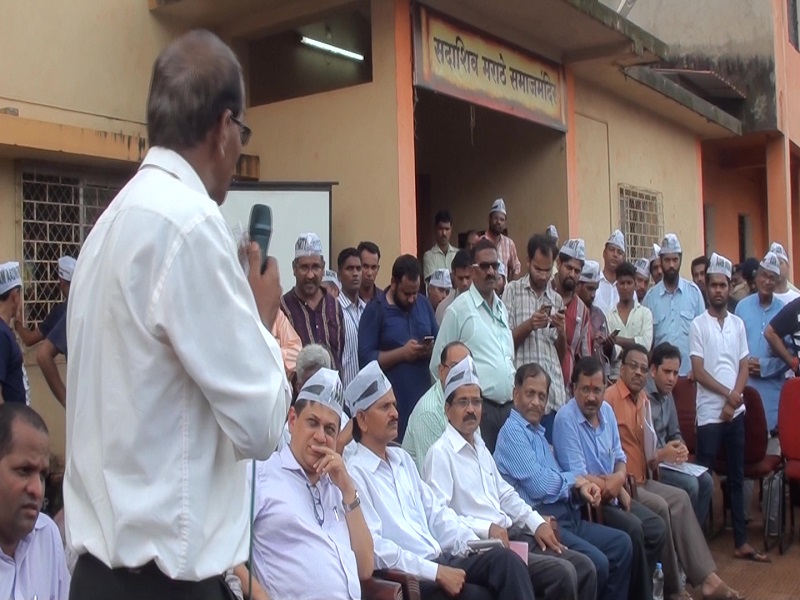
 Local7 years ago
Local7 years ago
 Crime8 years ago
Crime8 years ago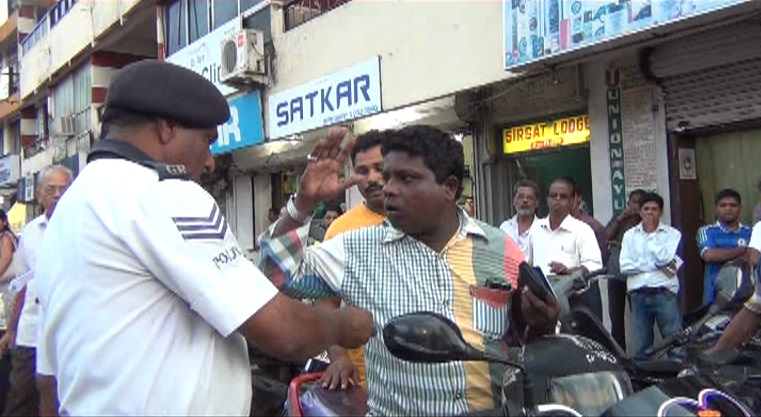
 Local8 years ago
Local8 years ago
 Top Stories2 years ago
Top Stories2 years ago
 Crime8 years ago
Crime8 years ago
 Crime8 years ago
Crime8 years ago
 Sports10 months ago
Sports10 months ago
 Crime8 years ago
Crime8 years ago
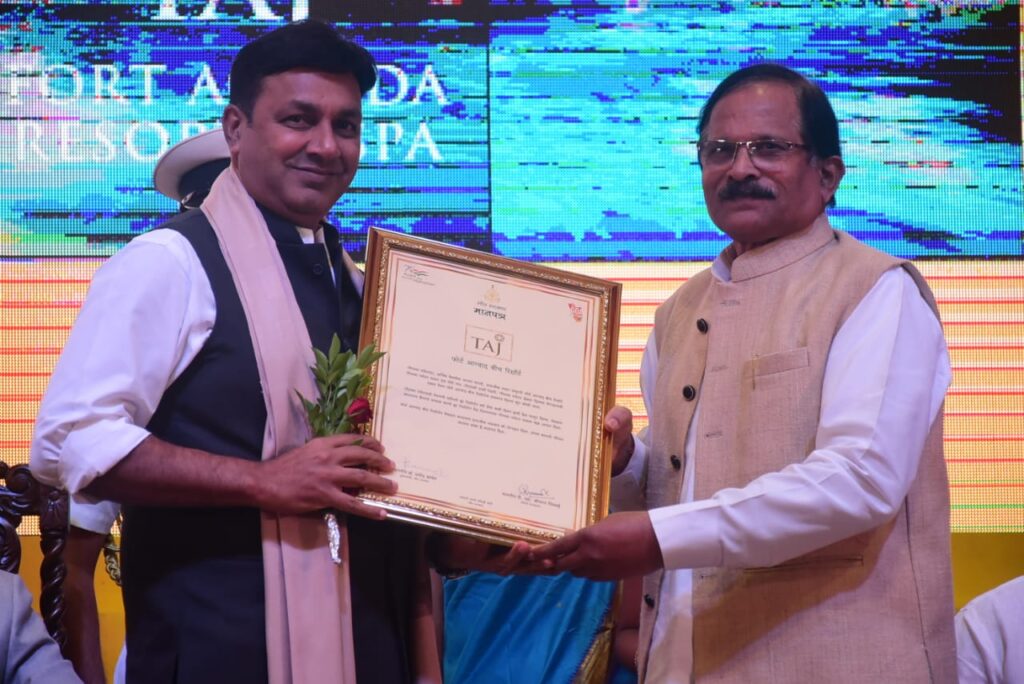
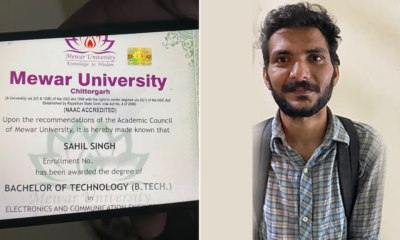







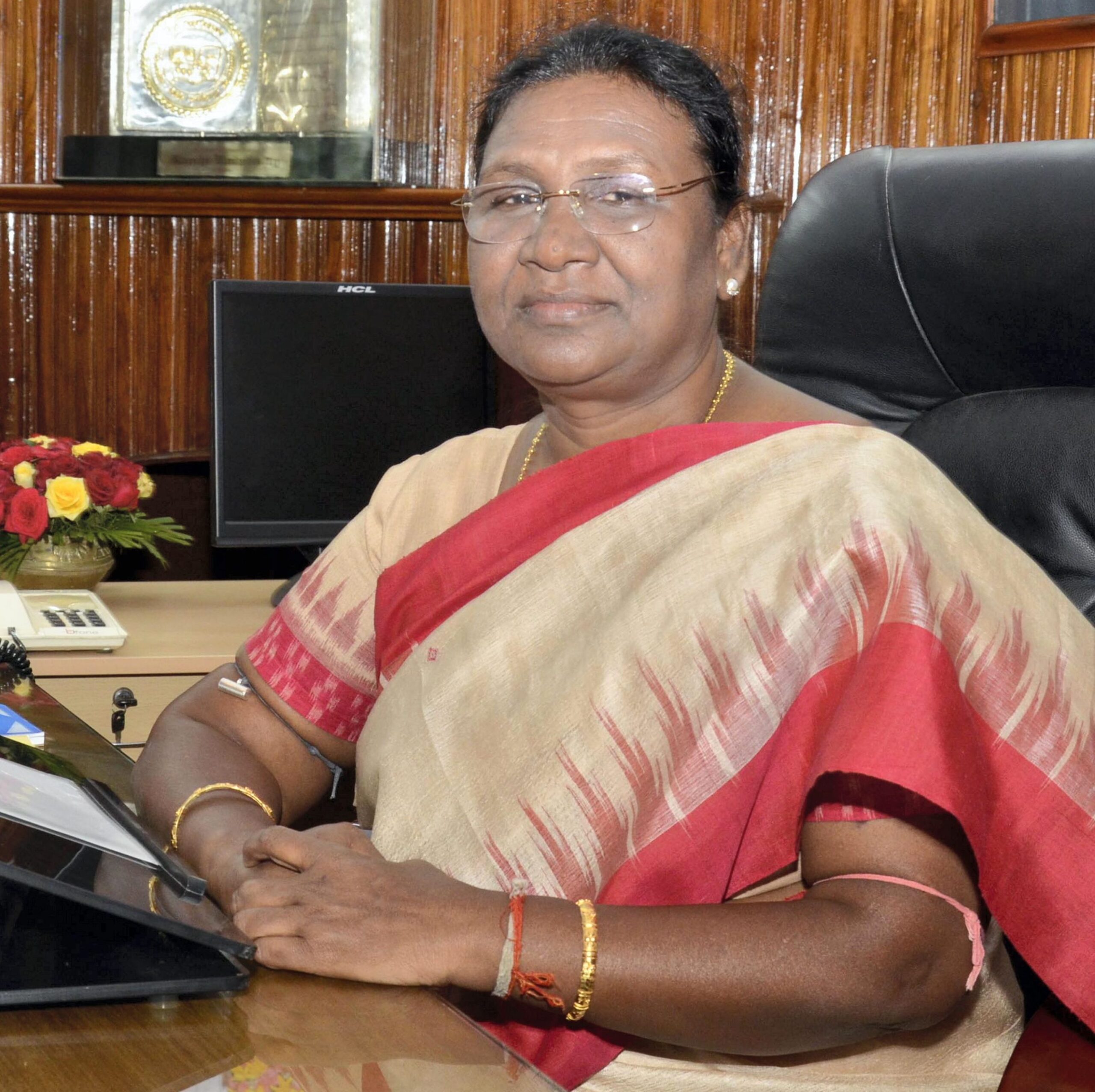
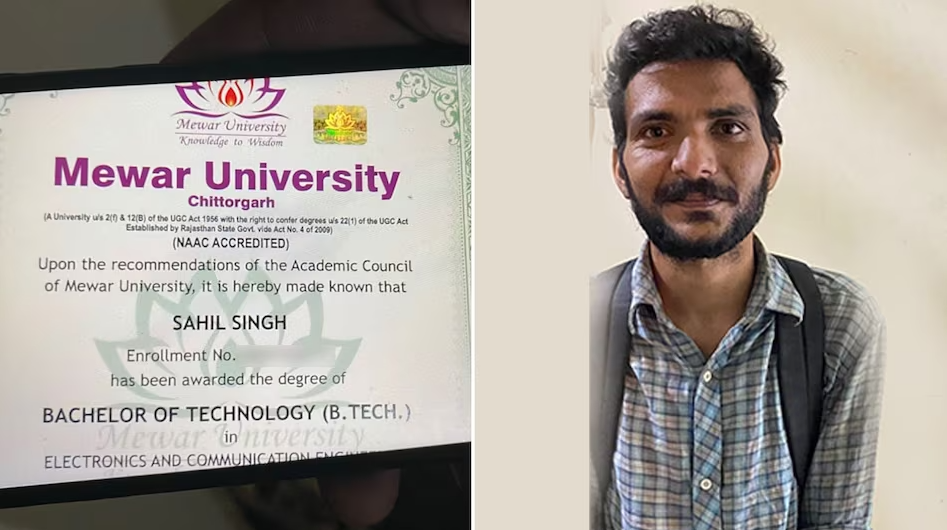







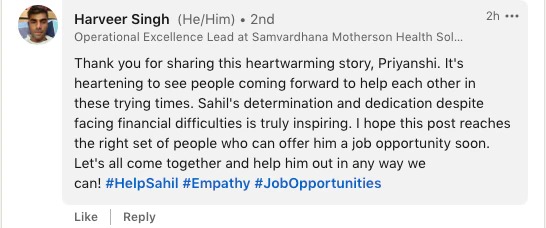

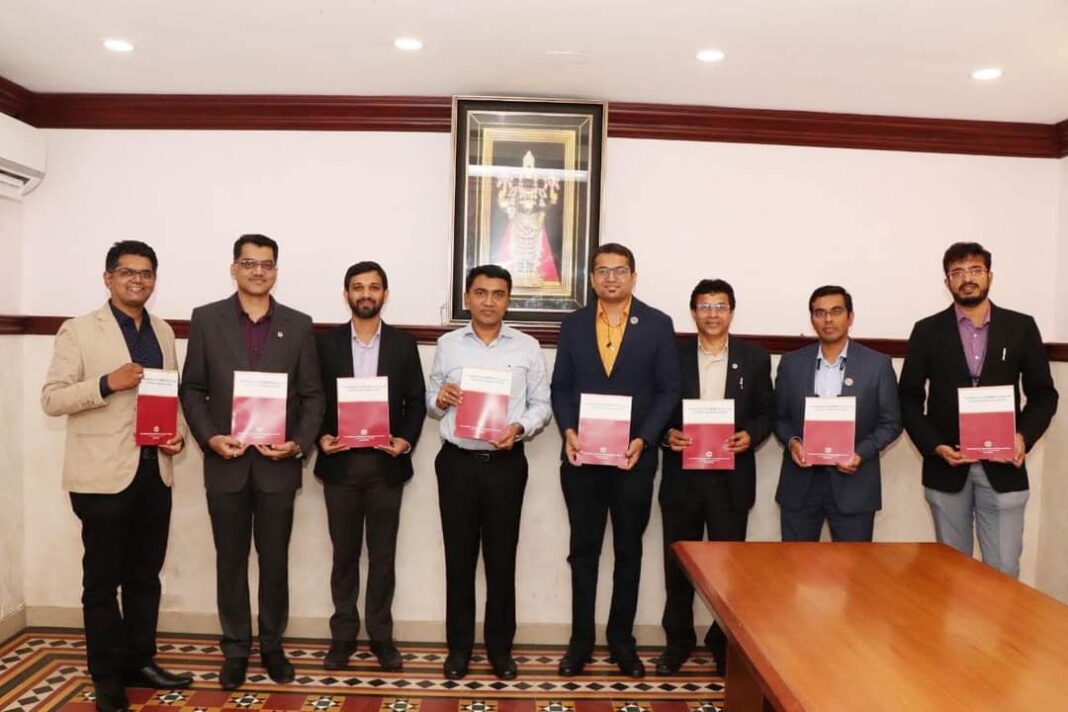
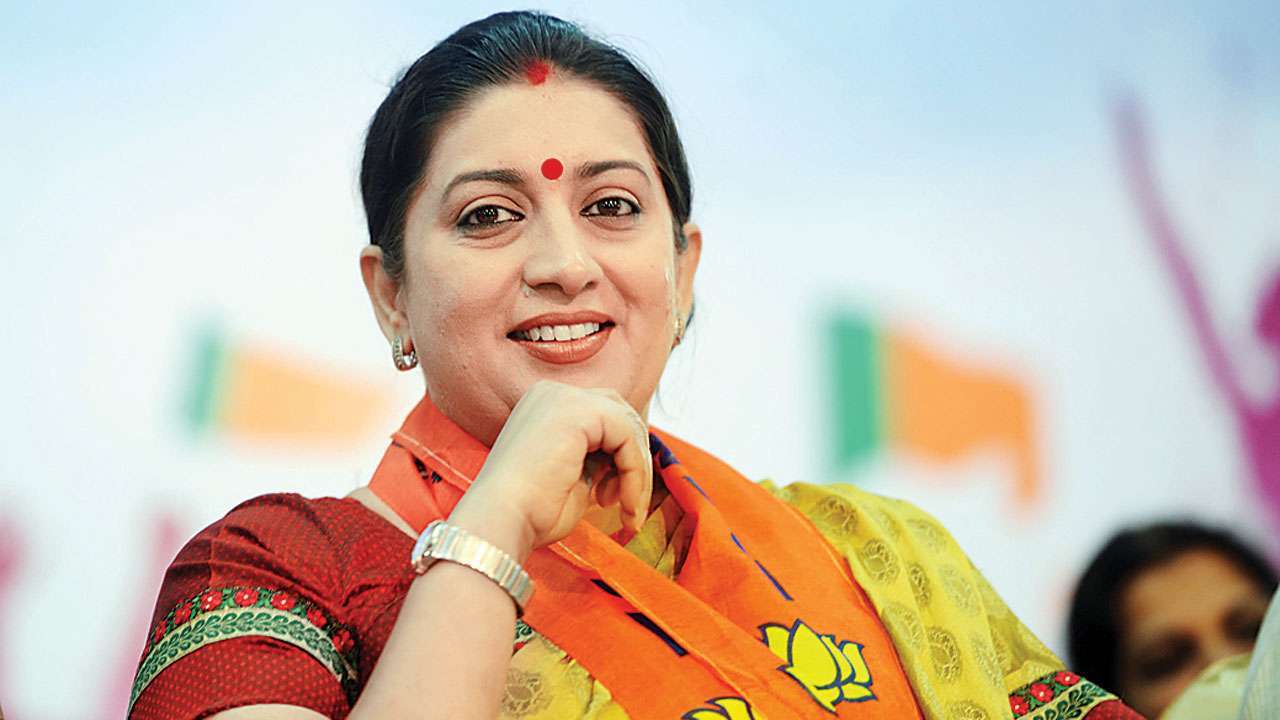
You must be logged in to post a comment Login